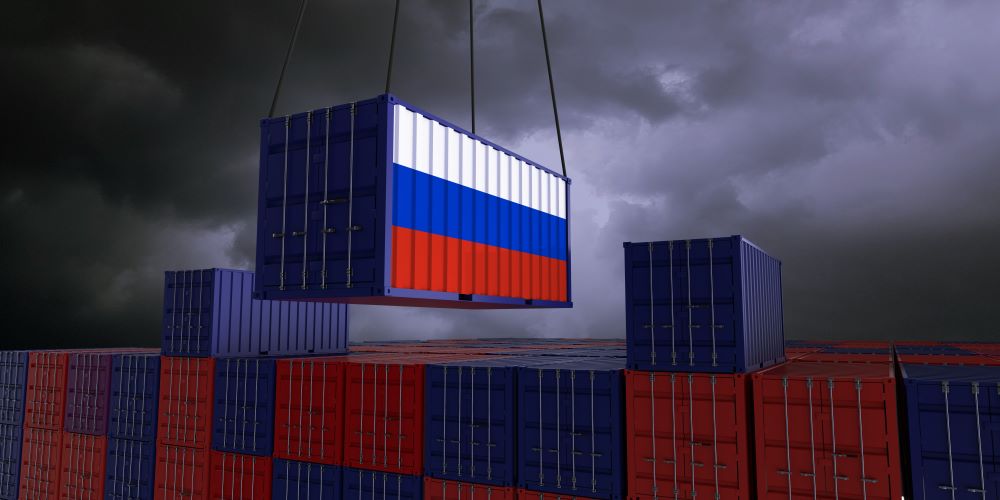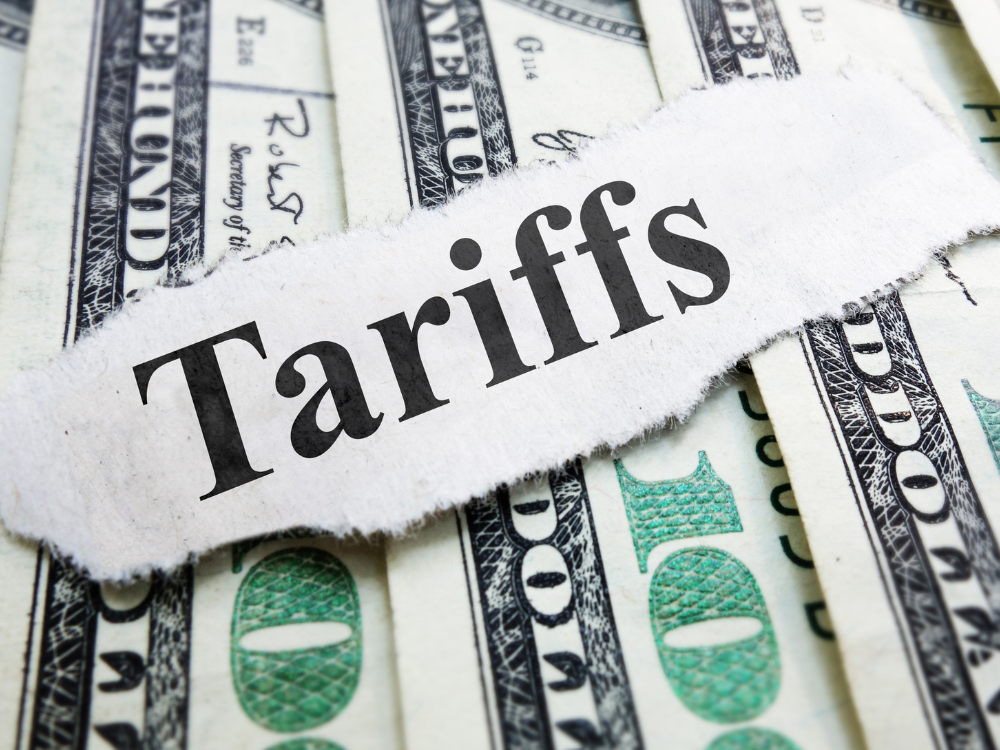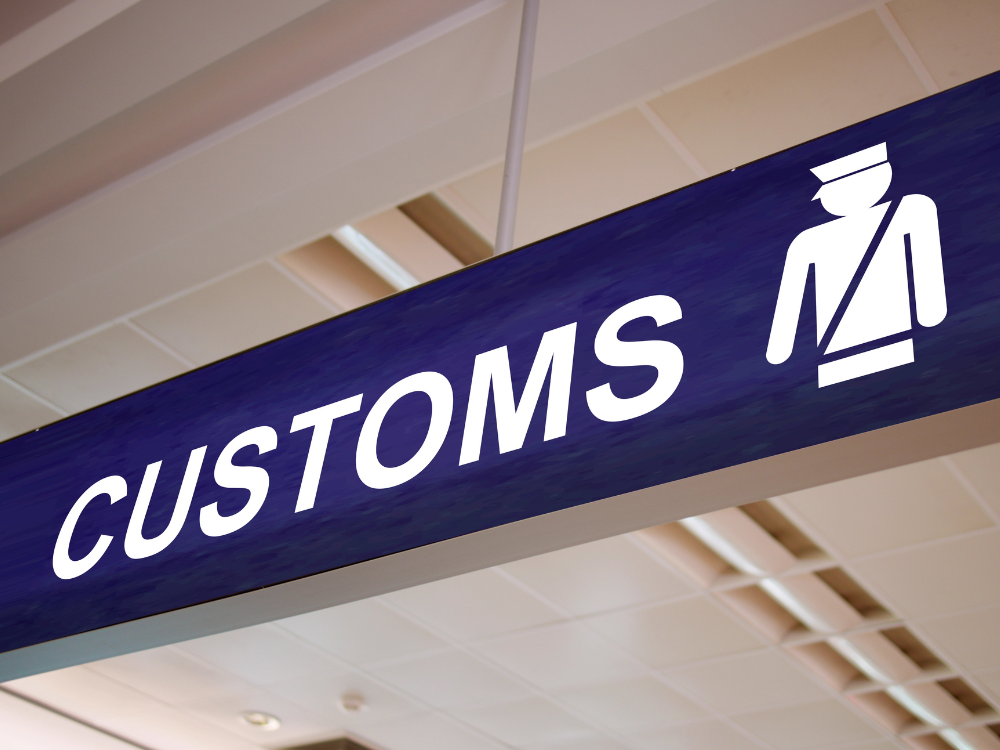2025.07.02
Shipping to Russia from Canada

Do you want to send a parcel to Russia, but you aren’t sure how? There are many conditions to meet when shipping from Canada to Russia. You may feel understandably confused by the various documentation requirements, choices of carrier and customs restrictions involved.
In this article, international courier Globex explains what to do and point out best practices to keep in mind when shipping a parcel to Russia from Canada.
How to ship from Canada to Russia
Shipping a parcel to Russia can seem difficult because of the many rules and restrictions to follow.
First, it is currently forbidden to send goods to individuals in Russia – only paper documents without commercial value are allowed to be shipped. If you represent a company and you want to send something other than a document to an individual, you will need to use an international shipping service.
You will also need to provide various essential documents.
Documents required for shipping a package to Russia
All shipments to or from Russia (except paper documents with no commercial value), must be accompanied by a commercial invoice or pro forma invoice, which you will need to submit to customs services. Other additional documents, such as customs forms, may also be required.
Commercial invoice
This invoice usually includes:
- A detailed description of the items contained in the package: The nature of the goods must be justified by the business activity of the destination company, for example. Similarly, the requirements concerning the details of the invoice can also be stringent. You can use an HS code for this type of parcel.
- The value of your package
- The origin of your package
We advise you to fill in the commercial invoice carefully, making sure that each piece of information is accurate before transferring your package to the carrier. This will help you avoid shipping delays or the return of your package. Another important detail to note is that the commercial invoice must be filled out in 3 copies.
Customs declaration
The customs declaration or CN23 form is mandatory if you are shipping a package outside the European Union (EU). Like the commercial invoice, this form describes the contents of the package and must also be displayed on the outside of the shipping container.
The CN23 declaration tells customs officers exactly what is in your parcel, the type of goods you are sending and their value. It also displays information about the sender and the recipient. This document allows customs officers to control and track goods entering and leaving the country and to determine whether you will need to pay import duties.
Flat-rate penalties can reach 100% of the actual value of your goods. To make sure you don’t run into any issues, be sure to fill out this form correctly.
Certificate of Origin (CO)
For some goods, simply supplying the above documents is not sufficient. To send a parcel to Russia, you will also need to provide proof of the origin of the items being shipped. This applies to shipments containing:
- Electronic devices
- Tea or coffee (which must be accompanied by a phytosanitary certificate and a certificate of origin)
Please note that providing a Certificate of Origin on an invoice or a EUR1 can sometimes give the parcel recipient a reduction or exemption from customs duties upon delivery.
Single Administrative Document (SAD)
The SAD is a document used primarily by customs authorities to complete the customs clearance procedure. Companies need to fill out an SAD as part of the customs declaration to indicate whether the package is an export or an import.
Customs specifications for sending parcels to Russia
Since Russia is a member of the World Trade Organization (WTO), certain standard procedures apply to shipping, such as the application of customs duties. However, products with a CIF value (landed cost) of less than 5,000 RUB are exempt from both customs duties and VAT.
Imports must be inventoried according to their customs value as based on CIF invoices. Shipping costs, such as transport and cargo insurance costs, must be added to the price of the product itself.
Note that companies can be exempt from paying customs duties and VAT for 2 years if they are shipping samples that will be used strictly for commercial purposes.
Which goods are prohibited?
Some goods are forbidden from being imported into Russia, including :
- Perishable goods
- Tobacco or alcoholic beverages (even for personal use)
- Firearms, ammunition or any other military equipment
- Jewelry, metals and precious stones
Prepare your shipment to Russia with Globex
International shipping can be difficult, especially when shipping to a country like Russia, which involves many restrictions and regulations. Globex understands these challenges and offers clients solutions for shipping around the world.
Contact us if you wish to communicate with our experts. We will do our best to answer your questions and ensure that your package complies with the necessary guidelines and obligations.


